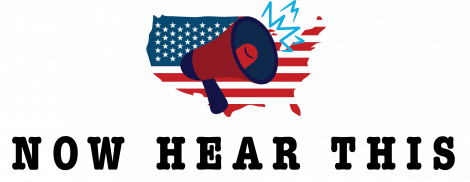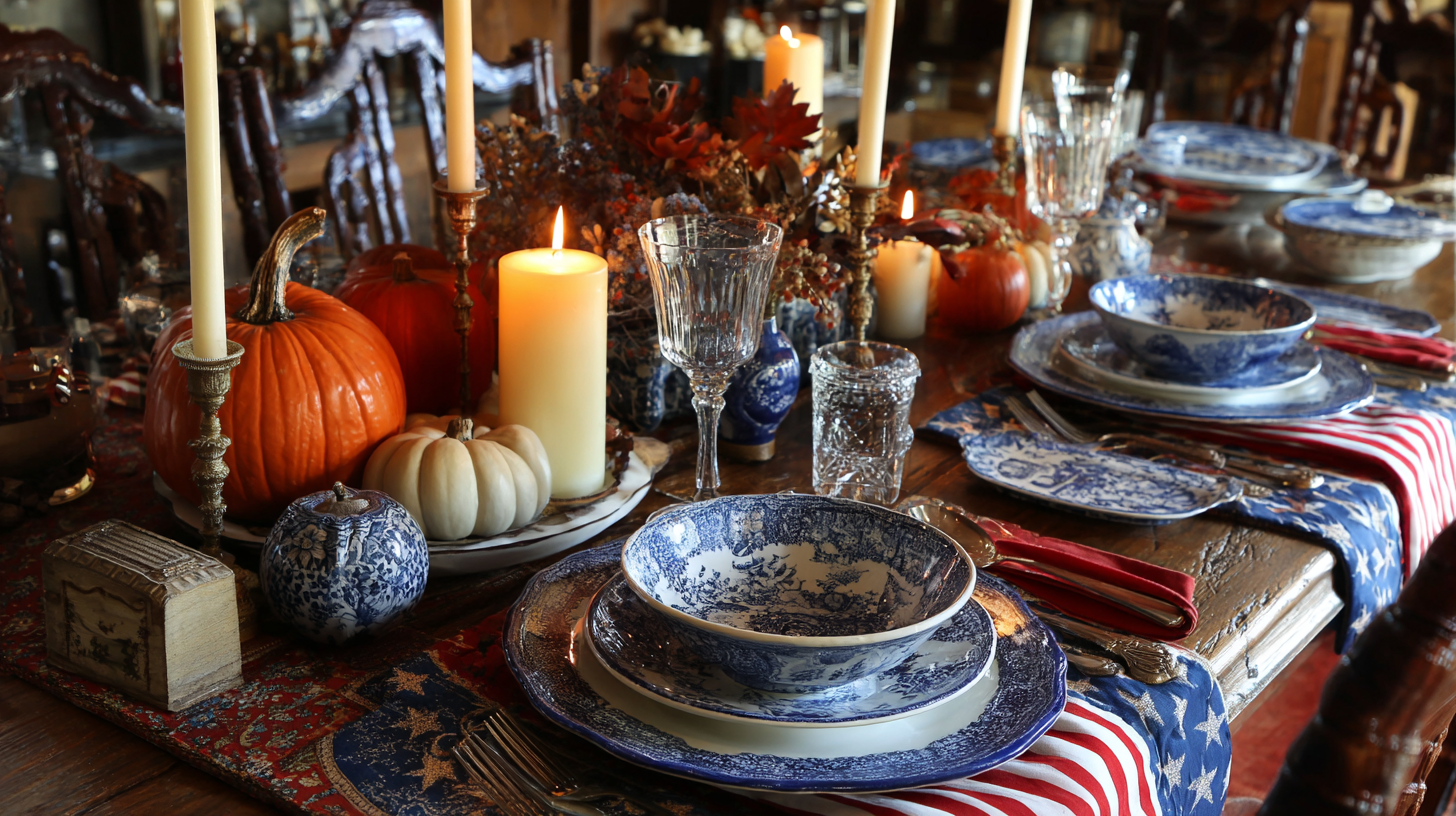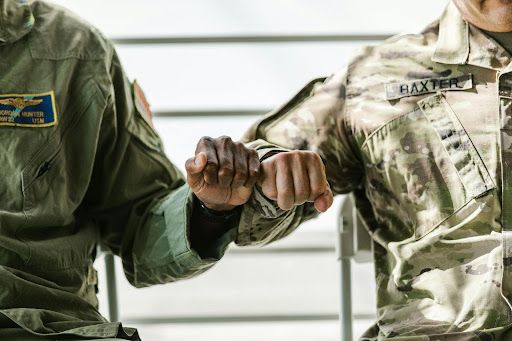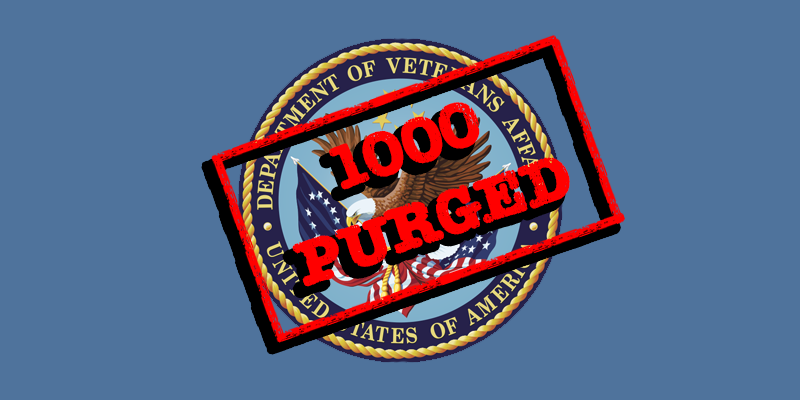Publisher's Corner

Guest Viewpoint
The American Foundation for Suicide Prevention and Zero Suicide - Meet the Staten Island Military, Veteran, Family (SMVF) Task Force!
Building Bridges and Breaking Barriers: Native and African American Veterans Unite

Addressing challenges including homelessness and suicides with End Veteran Debt
Former First Lady Michelle Obama felt a strong connection to America’s military and the need to generate collaborations to assist them. “Our veterans who fall on hard times and find themselves without a home deserve more than just handwringing or kind words. They deserve real help that gets them back on their feet.”
The plight of returning veterans has been depicted in a wide range of scenarios from the poignant “slice of life” features when a soldier surprises their family in a happy reunion, or the struggling soldier is depicted disheveled on a corner with a sign. Too often neither of these representations reflect communities of color, including Native Americans and African Americans, who played significant roles in America’s military from the very start of this nation’s history.
The involvement of Native Americans and African Americans in America’s wars has often been questioned due to the historic conditions these diverse and distinct groups endured here. Over one million African Americans served a country that often treated the enemy better than them with discriminatory practices that continue to resonate negatively in African American communities.
With over 65,000 Native Americans who have served, they represent the largest percentage per their population to serve despite the ongoing challenges faced by Natives over issues ranging from land and sovereignty to disrespectful images and slogans.
Despite the achievements that both groups have made the military has barely scratched the surface in understanding and supporting the needs of veterans of color, particularly in mental health and racially motivated arenas. According to an article published by the American Psychological Association entitled, Addressing the impact of racism on veterans of color: A race-based stress and trauma intervention.
“Veterans of color represent a unique intersection of individuals at risk of experiencing racialized discrimination during their military service and of developing negative mental health outcomes. At the same time, there has been little guidance for Department of Veterans Affairs (VA) health-care providers in how to address these clinical issues in a culturally competent manner. “
Within this context, the U.S. Department of Veterans Affairs (VA) reported a major uptick in suicides during COVID that prompted the agency to partner with the Department of Defense in May 2022 to launch an initiative entitled, Mission Daybreak, formerly known as the Suicide Prevention Grand Challenge. This was a 20 million dollar purse designed to broaden the scope of solutions to address this public health crisis and to meet the diverse needs of veterans.
Exactly 1371 solution providers submitted their proposals for consideration. Exactly 30 finalists and 10 Promise Awardees were selected to share in the pot. Only 40 out of 1,371 were considered “innovative” enough. Really?
The contest missed the mark on diversifying the target groups within the military that are impacted by suicides differently. Once again, the results reflected “more of the same” and left out real solutions both by and for veterans of color.
America, the land of the free and home of the brave, thrives on the grand presentations and flag-waving ceremonies to achieve the “feel good” moments that overshadow the real circumstances and the growing epidemic of suicides among our returning heroes, African Americans, Native Americans and women who do not match the poster images and promotional videos. Not only are research options limited or nonexistent, but the resources also available do not provide access to these diverse groups who fall within the 70 percent of veterans who do not utilize VA Health care services.
Ironically, the opportunity to build bridges and amplify the stories for these underserved communities lies within an organization that was formed as an “off-ramp” from Mission Daybreak.
Jerry Ashton, a Navy veteran and nationally recognized debt reduction expert identified that debt, especially medical debt, is an additional burden that can lead to suicidal ideations among veterans already suffering from homelessness, joblessness, marital problems and other such plagues.
Ashton intentionally invited and included a number of the Solution Providers who were not selected and rallied the group to launch Veteran Mission Possible (VMP) (www.VeteranMissionPossible.com) to provide a more “Wholistic” approach to abating veteran suicide by bringing together a diverse group of veteran and civilian advocates and innovators to share their solutions and partner to elevate formats to engage a wider base within the group. VMP has the forward thinking and inclusive model that is ideal for underrepresented communities whose shared traumatic histories need to be considered.
As momentum has grown and collaborations established with a diverse team, VMP rallied around the newly created charity, End Veteran Debt (www.endveterandebt.org), which addresses that universal problem. Regarding veteran medical debt, the group adopted the national campaign #EndVetMedDebt (www.endveteranmedicaldebt.com) which intends to motivate the VA to release for total forgiveness the $6B in debt owed to and through the VA. Guess what percentage of that debt is owed by people of color.
EVD and VMP are a new venue for bringing together Native and African American activists to share their common struggles to design initiatives that speak directly to their many unmet needs. They are the “ real help” that our former First Lady was talking about, and there is no better starting place than you!





